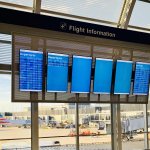The Prime Minister of Canada, Justin Trudeau, announced that starting next Monday, people crossing the border into Canada will need to show proof of a negative COVID-19. The test much be taken within the last three days. This is a similar policy to Hawaii. Some groups are exempt from the requirement, such as commercial truckers.
Listen to Jacques Gallant discuss travel restrictions
https://open.spotify.com/embed-podcast/episode/0SFRcOcEtHr3C2cXJXCxVe
The latest statistics from the Canada Border Services Agency show that since the end of March, 2.9 million people, excluding truck drivers, entered through a land border crossing, while 2.4 million arrived by airplane.
For now at least, non-essential travellers crossing the land border will still be able to quarantine at home for 14 days, and Trudeau said anyone who violates the 72-hour test requirement could face a fine of up to $3,000. He made clear that the government can’t deny entry to Canadian citizens or permanent residents.
Related: Covid-19 Mistakes to Avoid While Traveling
While the federal government has repeatedly maintained its previous travel restrictions were among the strictest in the world, the discovery of variants first identified in other countries would suggest otherwise.
A more contagious variant first identified in the United Kingdom, known as B.1.1.7, has already been blamed for outbreaks in Ontario, including at Roberta Place nursing home in Barrie, where more than half the residents died.
“It doesn’t make sense to treat non-essential travellers arriving by land differently than those arriving by air, especially as the (Centers for Disease Control) expects that variants will be dominant in the United States by the end of March,” said Greenhill, who is also a former deputy minister and president of the Canadian International Development Agency.
“Up until now, there has been a reasonable argument that the danger of variants arriving via the U.S. was reasonably small, but that’s going to change significantly,” Greenhill said.
“So if we’re serious about keeping variants out of Canada, then we’re going to need to further tighten the U.S. border, which does mean some kind of testing on arrival and probable quarantine.”
As for essential travellers crossing the border, such as commercial truckers, they should be tested every time upon arrival, and the government should make it a priority to have them vaccinated, Greenhill said.
Tougher Border Measures Are Needed
The lack of tougher measures at the land border is a problem. And the slow implementation of new air travel rules, raise questions as to Canada’s commitment to stop Covid-19.
“They’ve put in partial measures and then they’re slow to implement these partial measures,” she said. “I’m beginning to wonder if the government is actually serious about the whole thing.”
Lee said she does not blame travellers. Lee blames the government for what she sees as a lack of political will and sense of urgency. While Ottawa announced the new air travel restrictions on Jan. 29, no implementation date has been set.
“The inconsistency is a big problem and we’re hearing reports of people in increased numbers are going to be driving back across, skirting the new (air) arrival requirements,” she said.
Should Canada’s border restrictions be the same for land travel as they are for air travel?


 Previous Post
Previous Post Next Post
Next Post



